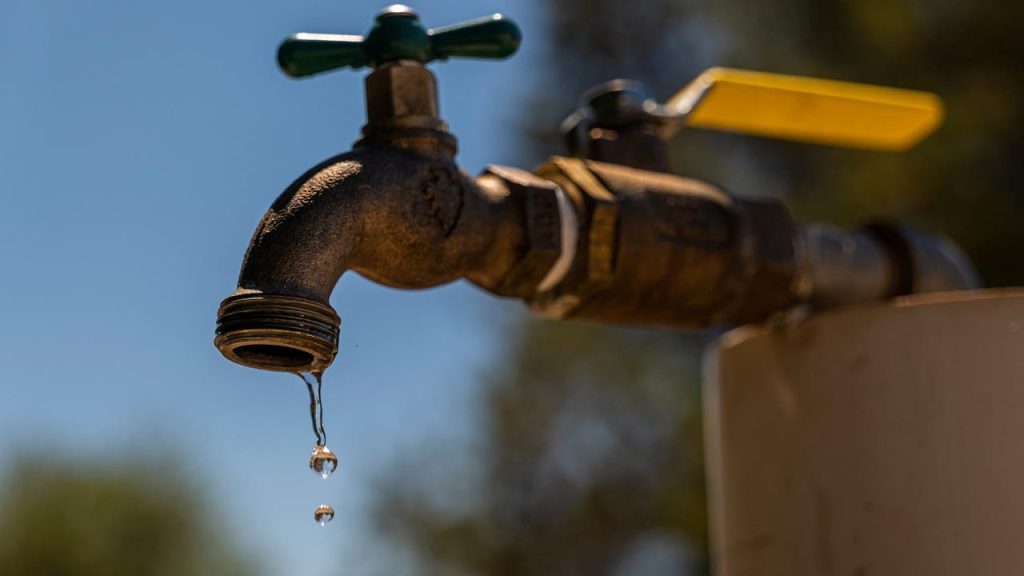Delaware Valley under moderate drought conditions, Pine Barrens in severe drought
Drought monitor released reveals how dry it is in the Delaware Valley, including the Pine Barrens, which is in a severe drought, due to lack of rainfall in the last two months.
Officials in New Jersey are asking residents to take steps to conserve water as they declared a statewide Drought Watch on Thursday.
State officials say the Garden State has experienced significantly below-average rainfall over the last three months. The lack of rain has contributed to diminished water flow in streams, depleted reservoirs and groundwater levels.
Overall, the state has seen below-average precipitation in four of the last five months, all while temperatures have remained mostly above average over the same stretch.
Rainfall across New Jersey has been 2 inches to 7 inches below normal over the past 90 days, officials say.
(National Weather Service Mount Holly)
If conditions do not improve, officials say the state’s three-stage drought advisory system will climb from a Drought Watch to a Drought Warning. Under a watch, residents are encouraged to follow measures to conserve water. Under a warning, water use restrictions may become mandatory. The third and final stage is a Drought Emergency, which includes mandatory restrictions issued by the governor.
The National Weather Service in Mount Holly says the next chance of rain in the Philadelphia area is only about a 10-20% chance from a cold front moving in late Wednesday or early Thursday of next week. If no rain comes from that front, the National Weather Service says the area will likely be dry until Halloween or into November.
With or without rain next week, Philadelphia, Trenton, and Wilmington are all into the top 5-10 longest consecutive number of dry days on record.
Another week or two of dry conditions on top of that would break NWS records that date back the late 1800s and early 1900s.
Weather Forecast
FOX 5 NY’s Audrey Puente has your forecast as temperatures warm up before the weekend.
If rain did fall next week, it would likely be light and small amounts less than .1 inches. Forecasters say that much rain wouldn’t have a meaningful impact on the worsening drought conditions across the region.
“Not the kind of rain we really need, but we will certainly take anything we can get,” read a post on X from NWS Mount Holly.
Below are 10 tips to save water from New Jersey’s Department of Environmental Protection.
- Reduce usage by 65% and use a commercial car wash instead of washing your car at home.
- Postpone intensive yard work, like reseeding your lawn, until conditions improve.
- Sweep patios, driveways, and paved sidewalks. Never hose paved surfaces.
- Fix leaks around your home and with your irrigation system.
- If you are still watering your plants, lawns, gardens, they require less water in fall, and use a rain barrel or watering can.
- Install low-flow shower heads, faucets and toilets.
- Take five-minute showers.
- Turn off water while brushing teeth.
- Run your washing machine and dishwasher only when full.
- Raise lawnmower blades to at least three inches to promote deeper grass roots, which hold water better.

